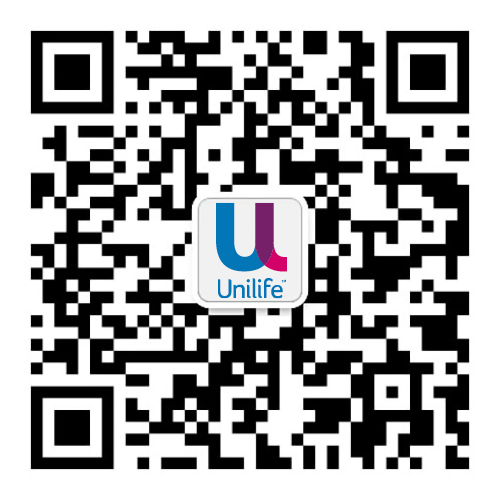Tips on getting a part-time job for students


During your time at university, you may wish to take on a part time job to help finance your studies or save up in addition to your student loan.
Here are a few tips to give you an advantage in securing your dream job. Most roles for which you apply will require you to either submit a CV or fill in an application form, it is important to remember that each role will have a large number of applicants, so for you to be successful in winning that role it is vital that you stand out from the crowd. Your CV and application form is the first chance to get noticed.
So, what should you include on your CV or application form ?
Name and contact information
Personal profile
Core competencies
Employment history/work experience
Volunteer experience
Education
Awards and certifications
Professional affiliations and memberships
What makes you unique
Tip 1:
Understand the role and emphasise the attributes that you can bring to the role, for example if the role is a customer facing role, highlight that you are good with people and like social interaction. If the role requires a good attention to detail, highlight your diligence and accuracy.
Tip 2:
Submit a customised rather than general CV or application form. Mentioning attributes on your CV that apply to only this specific role or company can be the key to success and move you to the next stage in the recruitment process.
Tip 3:
The recruiting organisation will receive many applications so use strong, expressive and meaningful words like “driven, focused, committed, passionate”.
The next stage is likely going to be an interview, in form of a face-to-face meeting or a video call, either way you will want to ensure that you are best prepared to make an impression and lead to you starting your new role. So, before your interview, here are some tips to help you feel prepared:
Tip 1:
Research the company
Where does it operate, what do they consider their strengths, overseas offices, history, culture, size and their vision for the future.
Tip 2:
Research the interviewer
Find out who is interviewing you, visit their LinkedIn page, connect, understand their background, experience, and relative seniority within the organisation.
Tip 3:
Punctuality: Face to face interview
Check the travel time to the interview venue, (public transport, traffic, walking distance) and allow a contingency. Always arrive early, use the extra time to compose yourself and run through questions you might get asked, enter the building 10 mins before your interview time.
Punctuality: Virtual
Ensure the technology works prior to the interview and that your location is such that you will not be disturbed during the interview. Set yourself up in front of neutral background (no messy room or busy outdoor space). Log on and be ready (you might want to stay muted and with camera turned off 1 to 2 minutes before the start of the interview. Wait for the host to let you in or join the meeting.
Tip 4:
Dress code
This will depend on the interviewing organisation. If you’re applying for a job at a creative marketing agency, you may be welcome to take a more informal approach, if it is for a city bank you may be better off with a more formal dress code. As a rule of thumb, it’s better to over-dress than under-dress. Dress code can be determined when you are researching the company and should apply regardless of whether it is a face to face or virtual interview.
Tip 5:
Personal readiness
Prior to the interview, prepare a list of your strengths and what you could bring to the role. Review the job listing and identify the most relevant experience you have for the role. Identify the areas where your experience is weaker against the role requirements and develop your answers for any questions you may be asked. The more you think through the possible questions prior to the interview, the more ready and confident you will feel in the interview.
Tip 6:
Non-verbal communication
Confident and open body language is important (no folded arms, sit up straight, look the interviewers in the eye). Be confident in your behaviour, you have been invited for an interview, so you have the potential to contribute to the organisation, and this is your chance to show that you are the best candidate.
Tip 7:
Verbal communication
Have a two-way dialogue with the interviewer and be professional and confident in your response. You are your strongest advocate. Provide comprehensive answers to the questions you are asked, give examples of how and where you have experienced a certain scenario and how you dealt with the outcome. If you do not have a directly comparable experience, answer in a way which demonstrates what you would do in a certain situation.
Finally
It is important to remember that securing a role is difficult and extremely competitive. To give yourself the best chance of succeeding you need to prepare yourself thoroughly, identify what you can bring to the business and why you are the right person for that role. Of course, there will be disappointments and you will not secure every role you apply for. In those cases, it is important to reflect on why you were not successful as that will allow you improve how you approach securing the next role. Ask the interviewing company for feedback, sometimes it is as simple as: someone else had more experience, in that case all you can do is try again.
Good luck with the job hunting!

